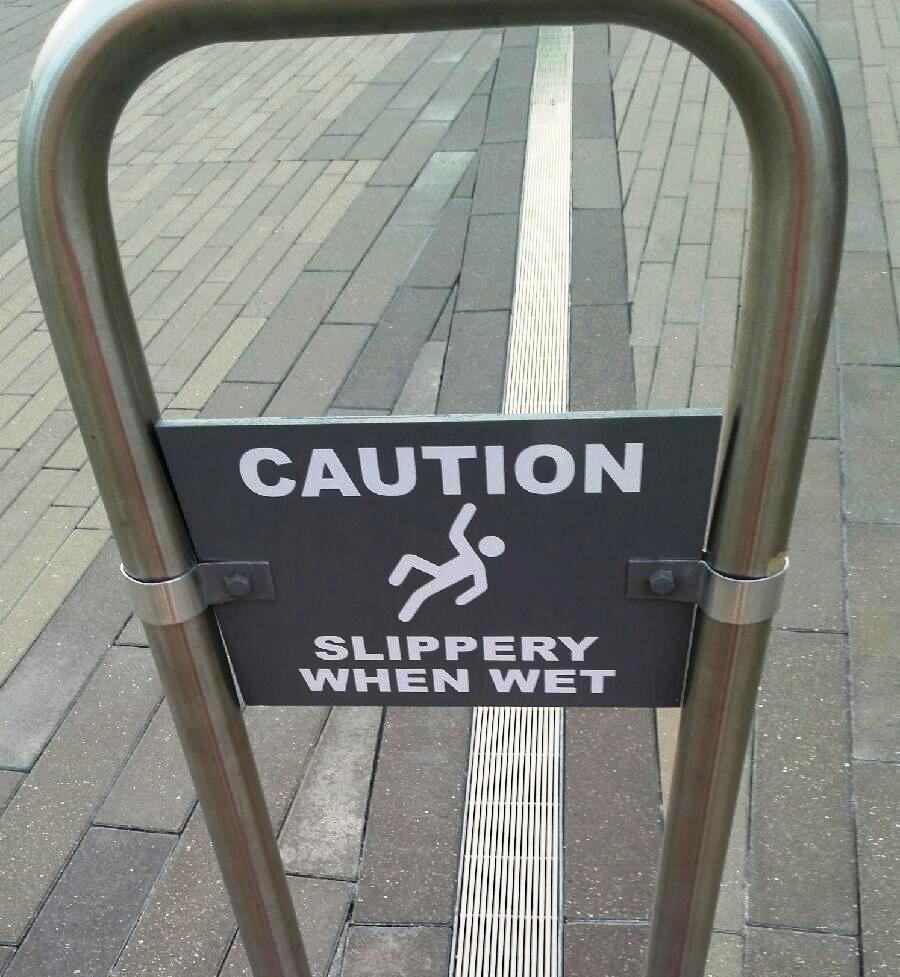Dealing with COVID-19 has become a way of life, and so has the daily rigors of education whether it was happening at school or at home. The horror continues as parents and educators frantically try to recoup academic and social learning and awareness.
Many families found themselves in heated battles with teachers and administration over accommodations, goals, and distance learning. Now that the pandemic is in our rear-view mirror, people are finally starting to get back to where they were. Parents are finding out that their kidlet did not do so well and continue to struggle.
These families are not alone. This was a new experience for parents and guardians as well as teachers. No one was prepared for such a massive change to student education. That being said, parents are incredibly frustrated with the level of education their child received and seemingly want some type of recourse–albeit, with attorneys and/or legal resources. Unjust education is not just for the days of the pandemic. Bad things happen at school all the time, and so do good things. Here’s why moving forward legally is not always the best choice.
What is “Due Process”?
Due process is way to file a formal complaint and request a hearing on matters related to the identification, evaluation, educational placement of a child with a disability, the Free and Appropriate Education (FAPE), or a manifestation of the disability determination. The Local Education Agency (LEA) is part of the Independent Education Plan (IEP) and is also able to file a claim if it so desires.
This IEP is considered a legal document which means: all public-school districts, (regardless of which state the IEP is written) are required by law to follow the plan–whether they want to or not; hence, the term, “Due Process Claim.”
It is important to note that due process complaints should be used to secure the “rights” of a student and not for technical violations such as not providing accommodations due to teacher error or miscommunication.
Where and How is a Due Process Claim Made?
A request for a due process hearing must be made in writing to the other party. Care should be taken using electronic correspondence. Parents and guardians should refer to their “Special Education Rights Handbook” which is provided at the beginning of each IEP meeting. (Depending on the state, the name or title of this handbook will vary.) If parents are not able to locate theirs, they may contact the school to obtain a copy. It is important to note, that if a petition for a due process hearing is requested, there are certain people and offices within the school district that must be notified. Parents have the responsibility to follow the guidelines provided in the handbook. More information about filing is available on the website Individuals with Disabilities Education Act (IDEA).
Requirements for content in the petition are as follows:
- Name of the child
- Address of the child (refer to the handbook for filing directions for homeless children)
- Detailed description of the complaint or alleged violation
- Proposed resolution to the violation
When is a Due Process Claim Necessary?
When any member of the IEP team disagrees about the educational plan for the student, and the educational requests from either side appear to be at an impasse– that is, with no solution or resolution likely in the near future, a due process petition may be filed.
This claim must be made within one year of the alleged violation or situation that warrants the due process claim. Families should be advised there’s a specific timeline which is followed based on the day the claim is received by the opposing party. This timeline will be identified in the parent handbook.
Why Should I File a Due Process Claim?
A due process claim may be made if other avenues have been exhausted. For example, opportunities such as mediation are available if the parties disagree on the best way to move forward with the specifics of the IEP. Due process claims are very valuable for really, really, big problems such as a right to placement, accommodations, or critical evaluations. These claims want to hold people accountable for failure to provide education based on a students’ right to certain services.
Sometimes, there are disagreements with a student’s overall evaluation. This is important because based on the results, some students may need more or less supports. Qualified professionals administer these assessments and make a determination. Parents often find the results in line with their thinking, but many others do not agree. Classroom placement and courses are determined by evaluations so it is very important the evaluations are accurate. Parents who oppose the findings of the school-based evaluation, and are not able to come to a mutual agreement for services or placement, can file a due process claim requesting another or outside evaluation.
Why Shouldn’t I File a Due Process Claim?
Due process claims are not for the faint of heart. These are very serious accusations for violations that may or may not be proven true. Even though there is a mandatory timeline in which all parties must follow, these legal claims can drag out for months and months. In the meantime, your child will receive services currently in place on the IEP; however, the amount of time fighting over the outcome could be better spent on direct services for the optimum student learning outcome. Let’s face it, preparing documents, making phone calls, or conducting internet research–just to prove your case–could become very timely and costly.
No one likes confrontation especially when our children are involved. We want everything to run smoothly, and of course, we want our children to be happy and safe–especially at school. Here are a few more reasons parents should reconsider filing a due process claim.
- This is a very lengthy and stressful battle for all parties. Your child will still be at school while the adults are trying to settle the problem. While it is unethical, not to mention illegal, do you want your child subjected to possible ugliness while you’re not there? This is not the norm, but it has happened.
- Even if parents win, and they request the refund of attorney’s fees, the court might not grant the money which means you will not get reimbursed for your legal fees.
- If the parent loses, the school can also request legal fees from the parent–you might need to pay the school back!
- Sometimes, open and honest communication is needed by a neutral party. Mediators are available at no cost to help parents and school administrators understand each other’s point of view.
Is there a better way?
Special education is a very big concern for many families. Parents and guardians are very passionate about the services and supports their child receives–and rightly so. We want our children to be as independent and educated as he or she can be. What we don’t want, is to become a legal representative for our child every day. I encourage parents to fight for their child’s rights, but also think about ways to manage the challenges before making the decision to file a due process claim. It will not be an easy decision and many parents find they have no choice. If this is the case, I recommend parents do plenty of research, find a great attorney, and take good notes to get through it.
*** Any information here should not be considered legal advice. Guidance and counsel should be sought on an independent basis from a qualified legal professional or school administrator to address individual challenges.




